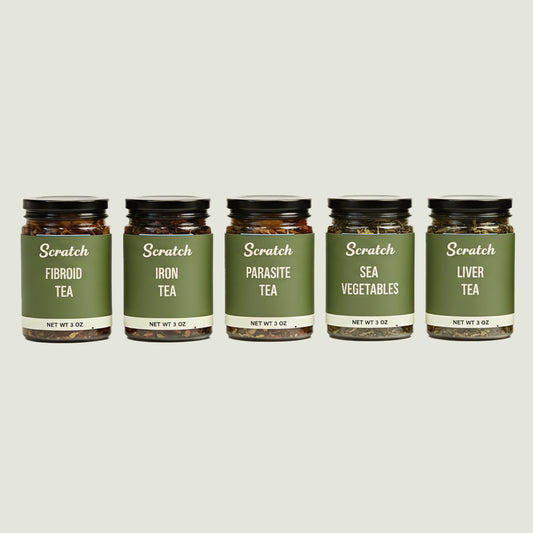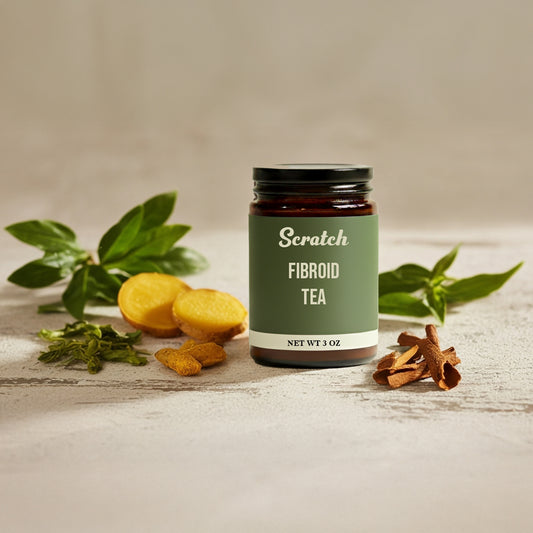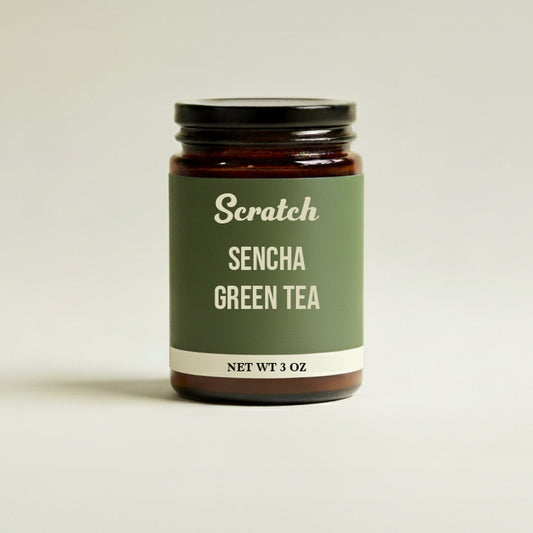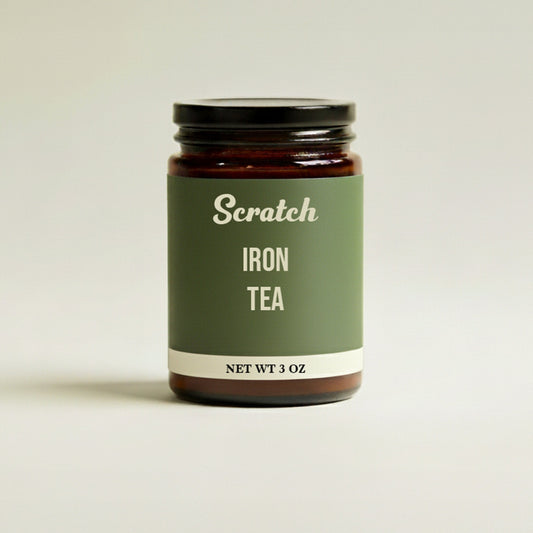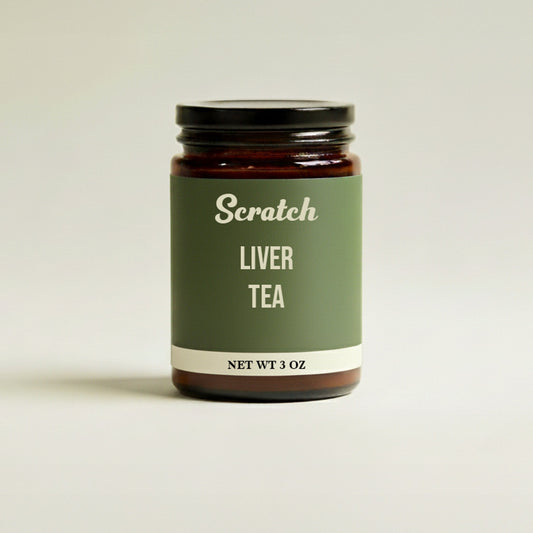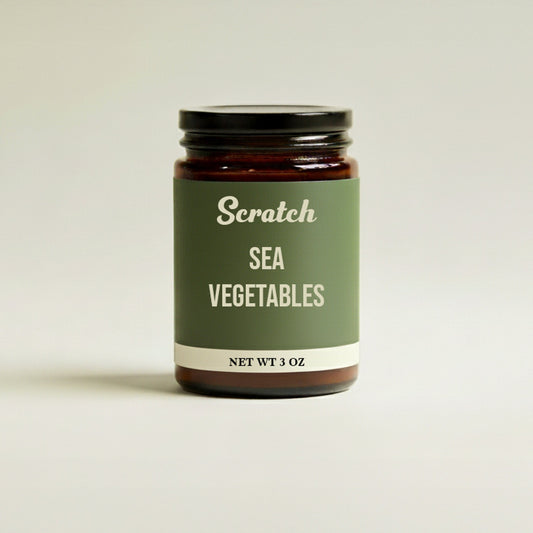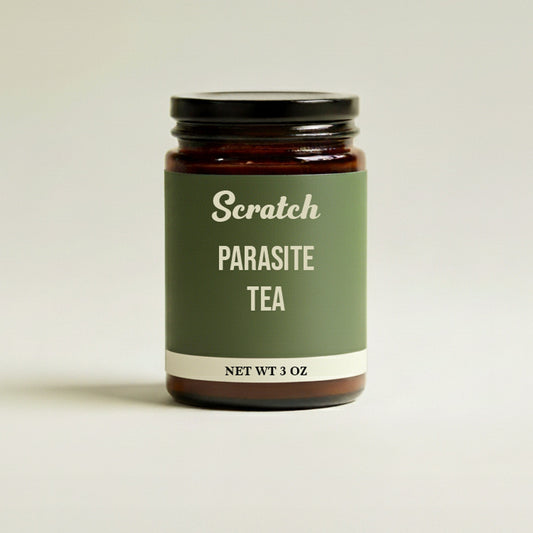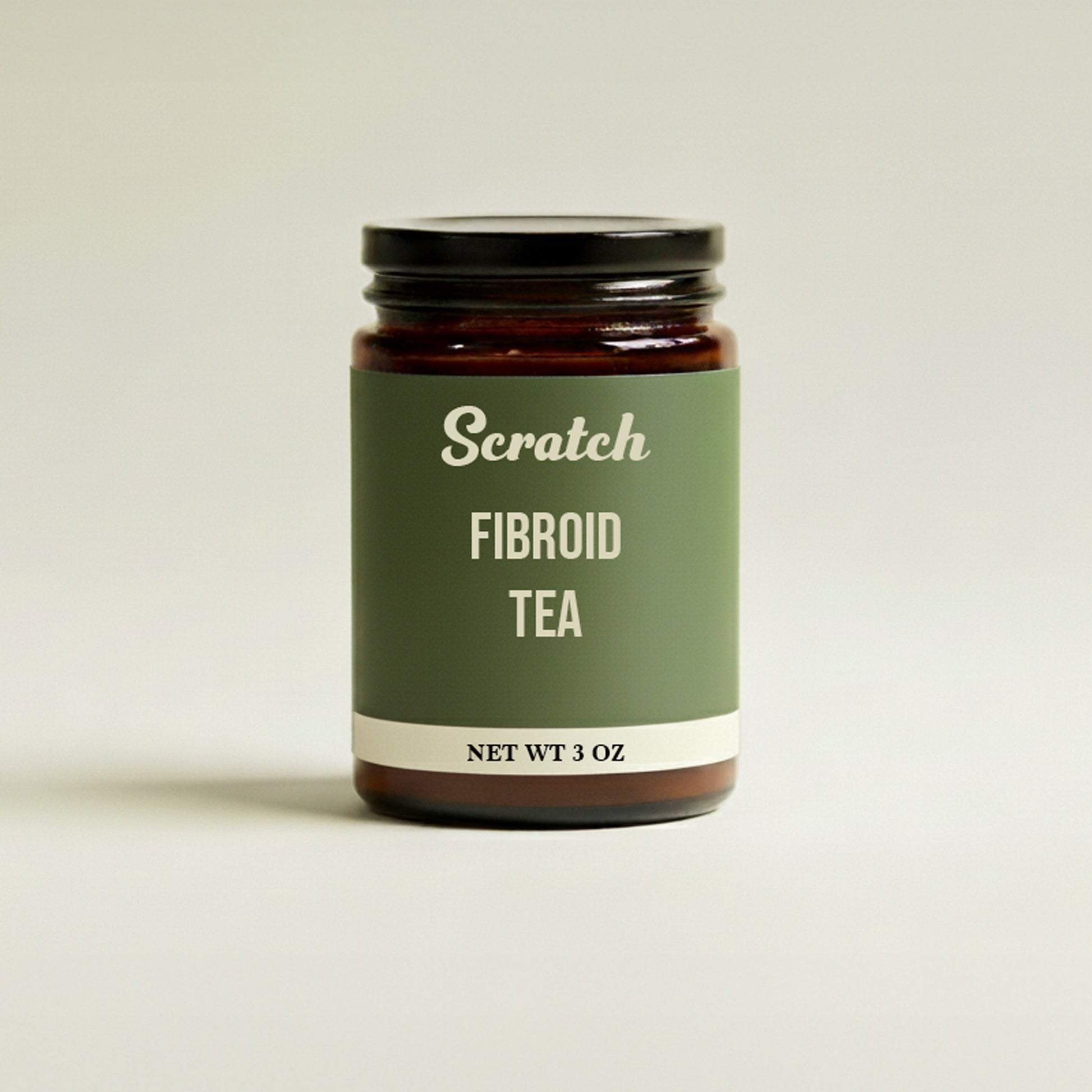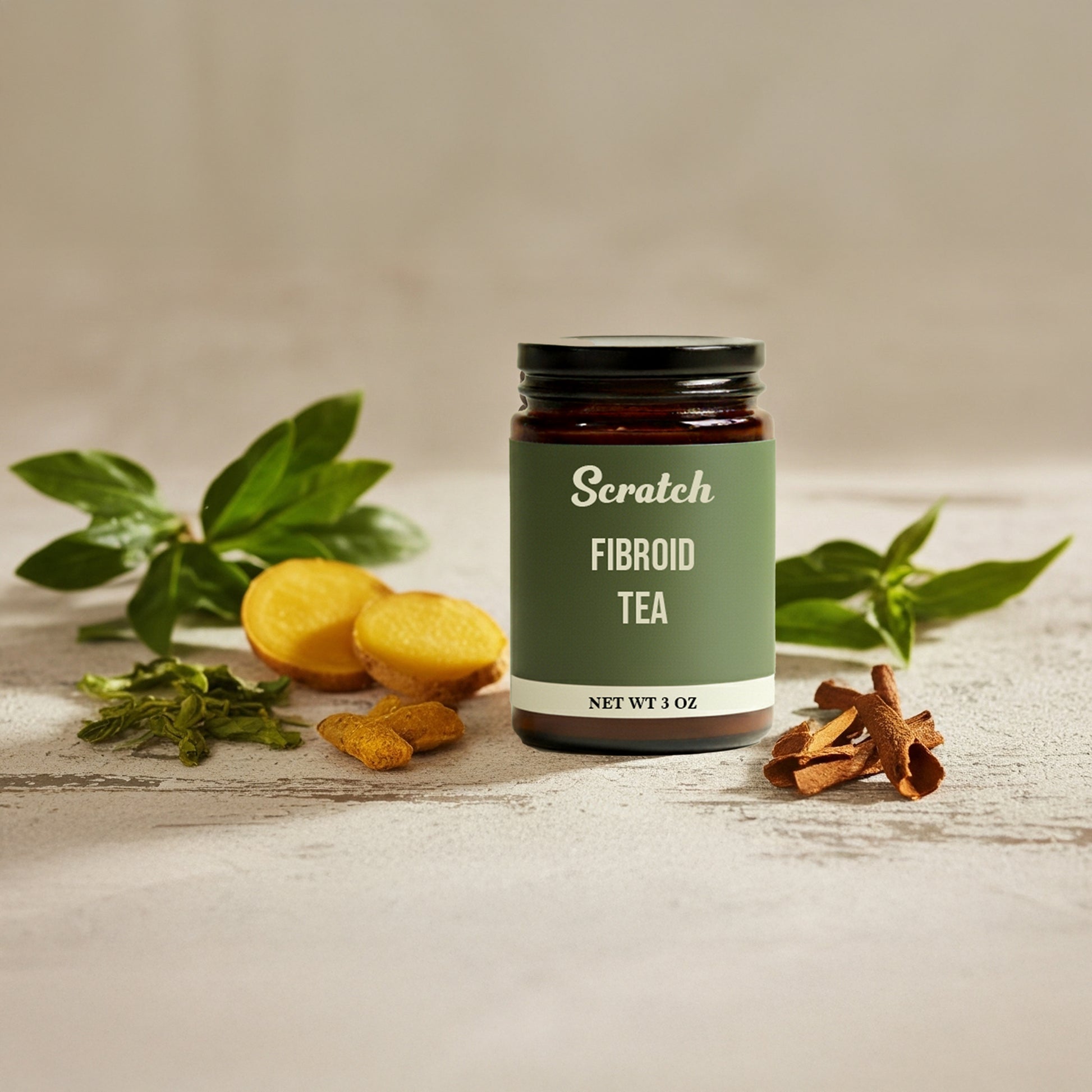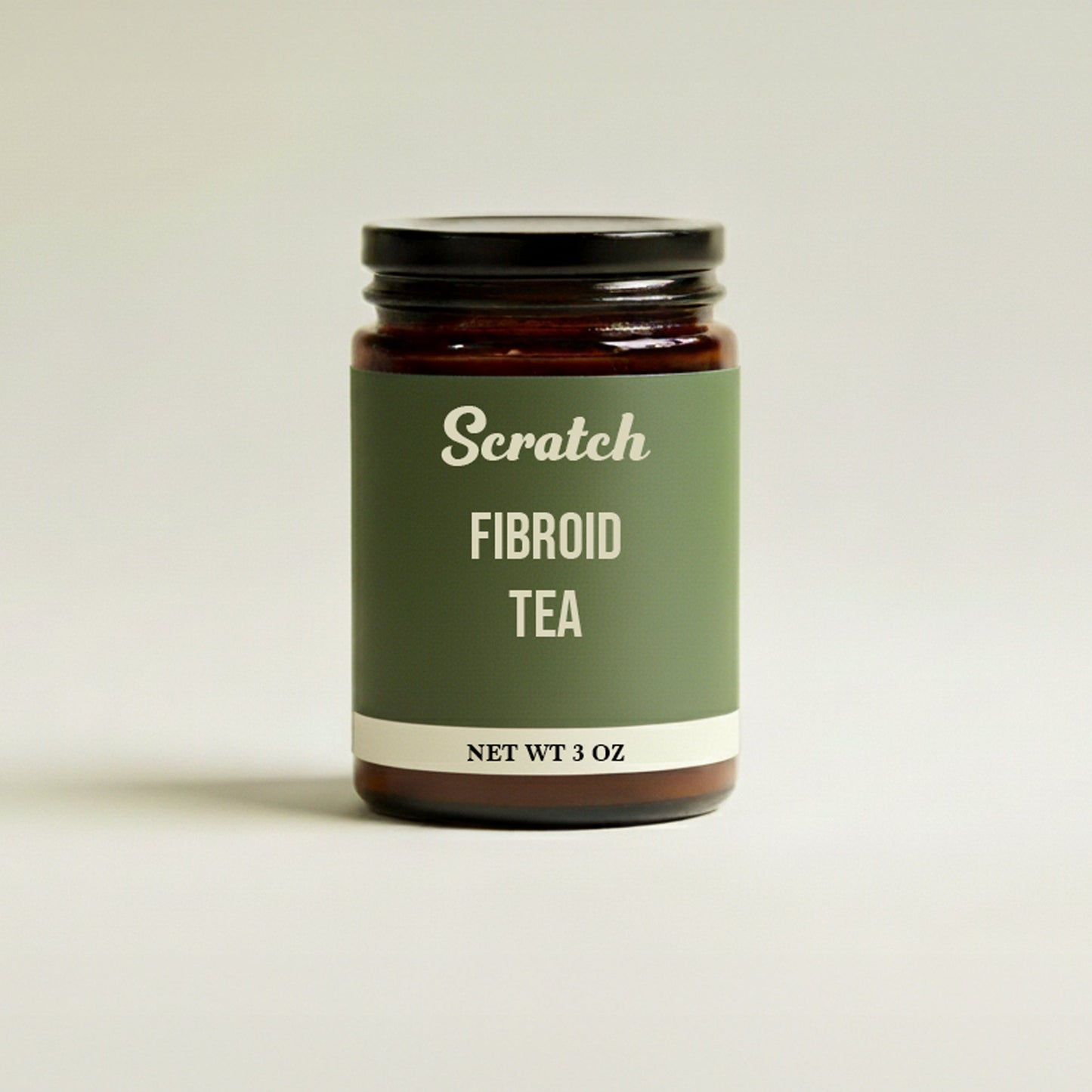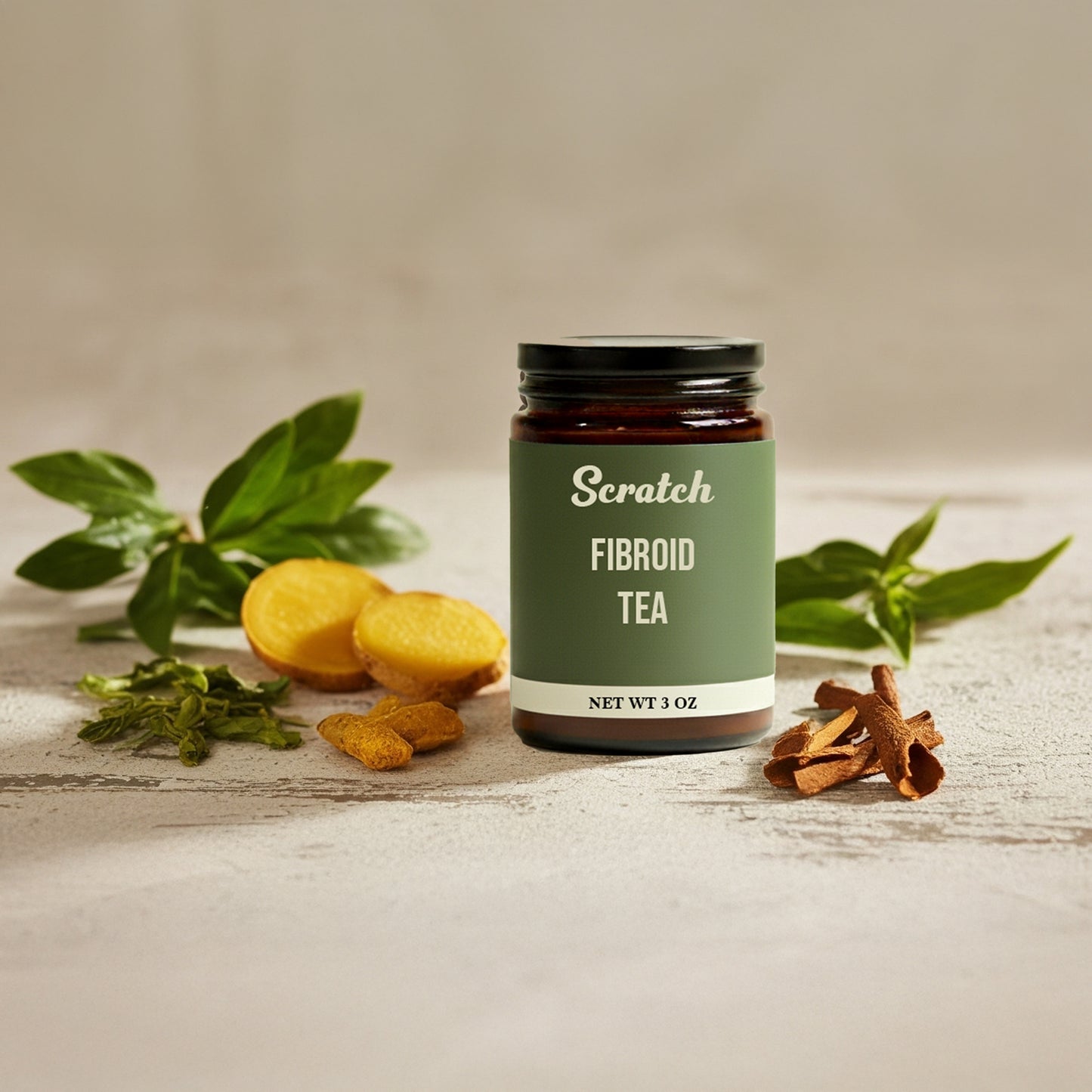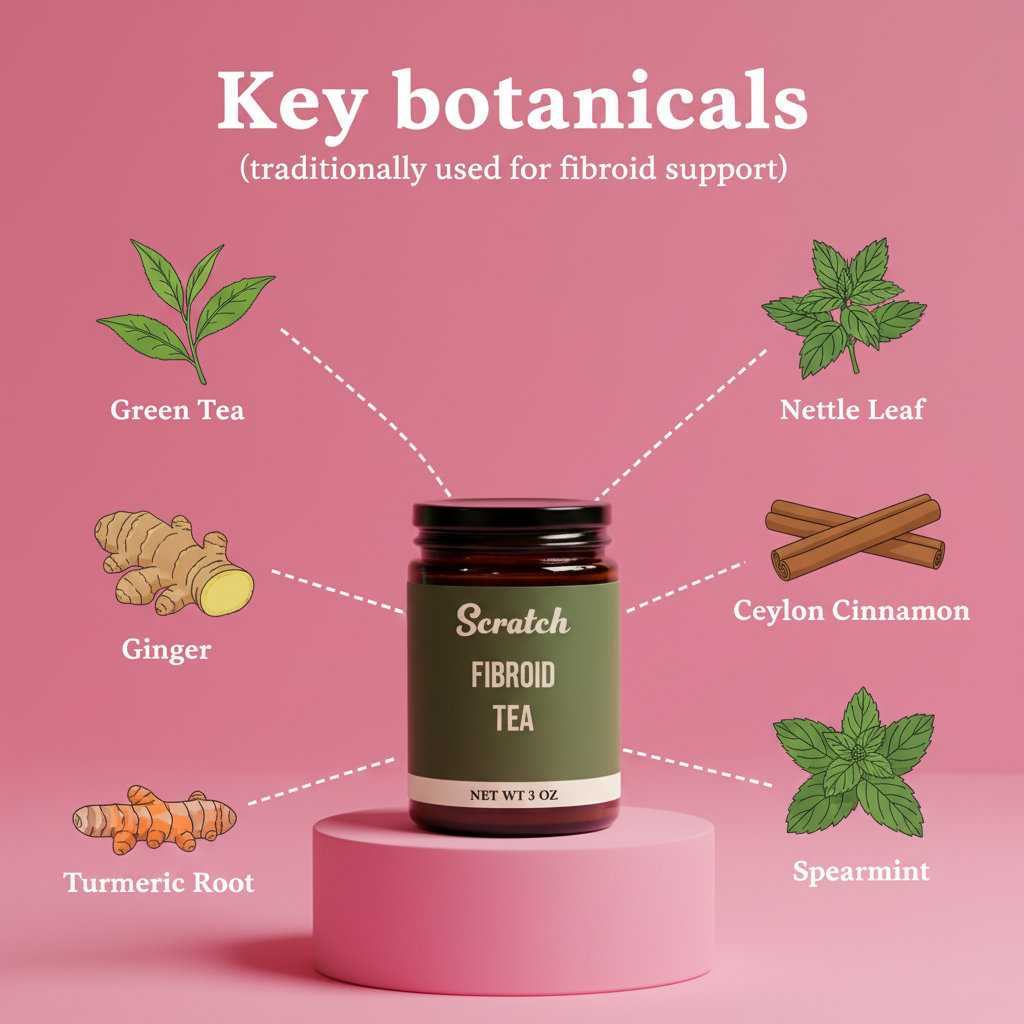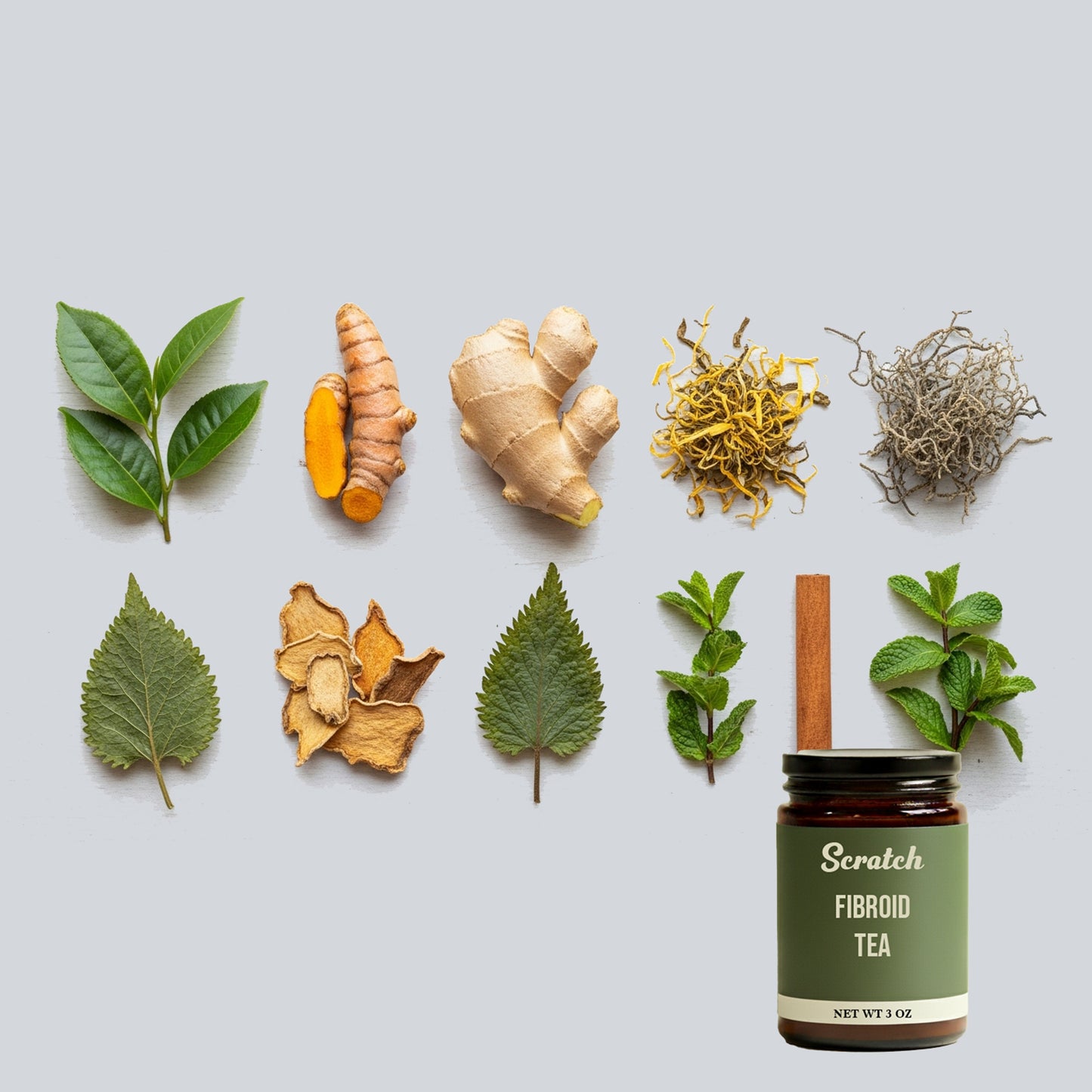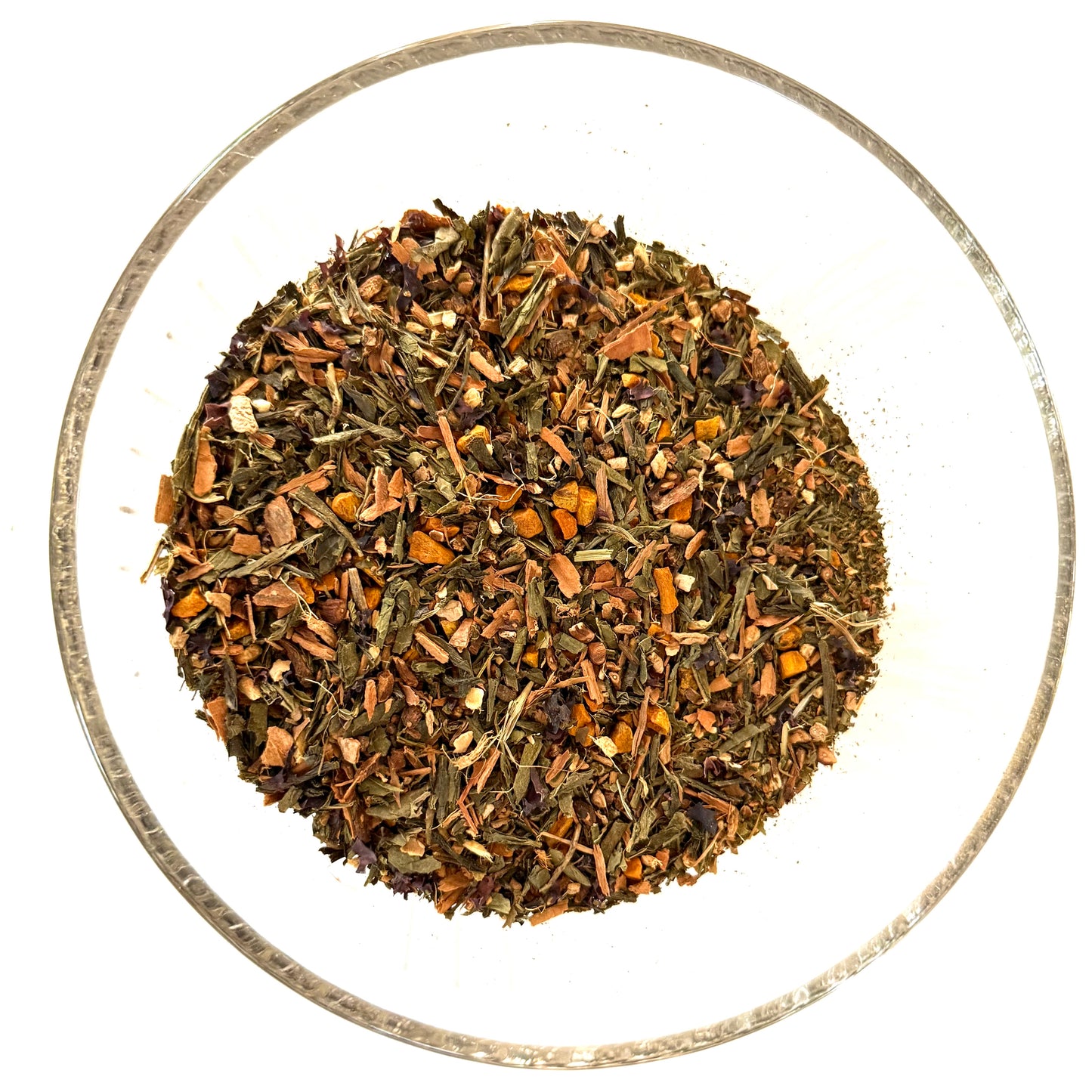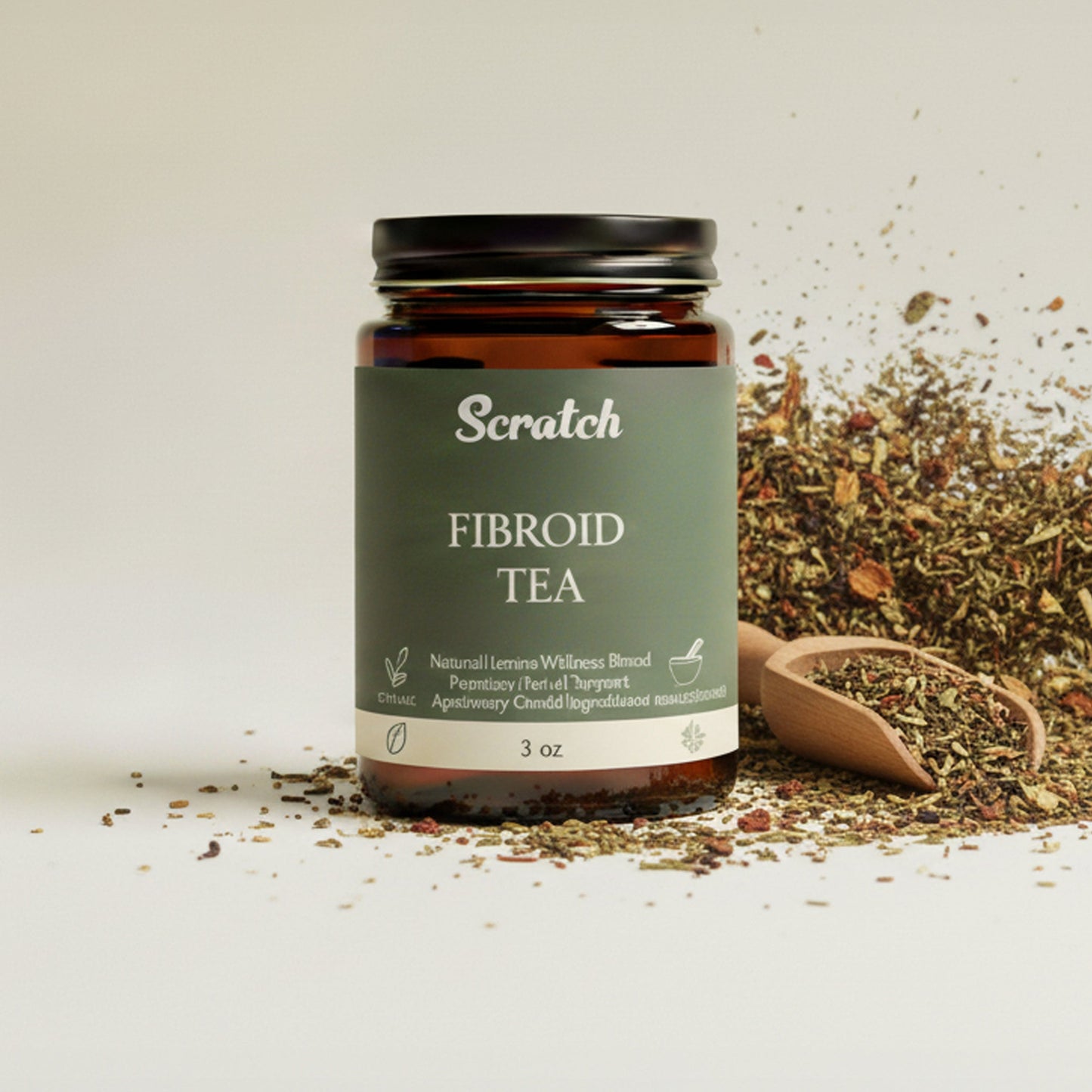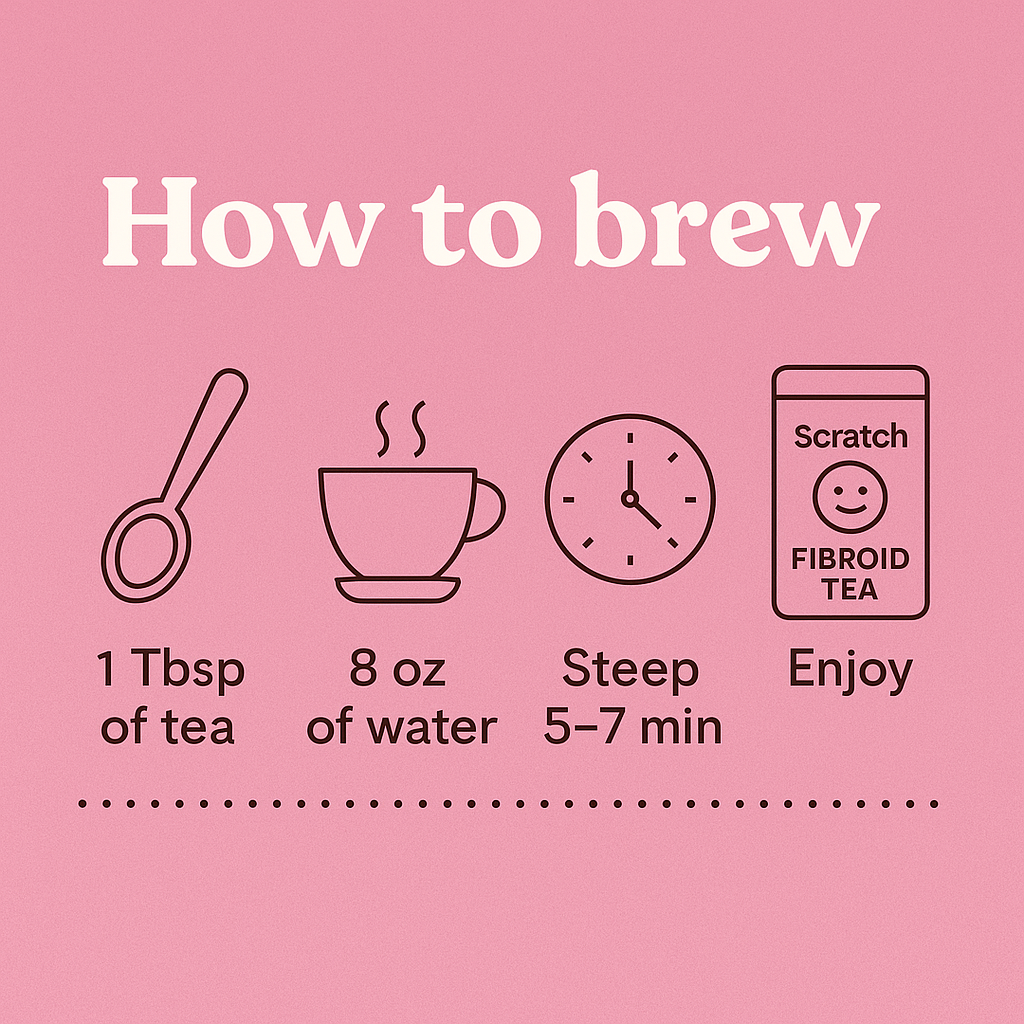Fertility Herbs For Her for Fibroids: Benefits, Safety, and How to Use
Herbal supplements are frequently marketed to women with uterine fibroids who are hoping to protect or improve fertility. While some plant-based compounds are being studied, it’s essential to separate marketing from evidence, understand safety considerations, and work with a clinician to craft a plan that aligns with your goals. This guide reviews what is known—and not yet known—about “fertility herbs” for fibroids, along with safer ways to use supplements if you choose to try them.
Fibroids and Fertility: The Basics
Uterine fibroids (leiomyomas) are benign smooth muscle tumors of the uterus. They’re common and can contribute to heavy menstrual bleeding, pelvic pressure, anemia, and, in some cases, difficulty getting or staying pregnant depending on their size and location. Evidence-based treatment ranges from watchful waiting to medications and procedures, chosen based on symptoms and reproductive plans. For a clear overview of diagnoses and treatments, see the American College of Obstetricians and Gynecologists (ACOG) patient guidance on fibroids: acog.org.
Do “Fertility Herbs” Shrink Fibroids or Boost Fertility?
Most herbal products sold for fibroids or fertility have not been rigorously tested in large, high-quality clinical trials. A few highlights from available research:
- Green tea extract (EGCG): Small studies suggest that epigallocatechin gallate (EGCG), a catechin in green tea, may reduce fibroid volume and improve symptoms compared with placebo. For example, a randomized trial found symptom improvement and fibroid shrinkage in the green tea group (Roshdy et al., 2013; PubMed). However, sample sizes were small and long-term fertility outcomes weren’t assessed. The NIH Office of Dietary Supplements (ODS) notes that concentrated green tea extracts have been linked to rare but serious liver injury, especially at higher doses: ods.od.nih.gov.
- Vitex (chasteberry): Often marketed for menstrual irregularities and PMS, but NCCIH states evidence is limited and does not support use for fibroids. It may affect hormones, which could matter if you’re pursuing fertility treatments.
- Turmeric/curcumin: Lab and animal studies suggest anti-inflammatory and anti-proliferative effects, but there are no robust clinical trials showing it shrinks fibroids or improves fertility in this context. See ODS on turmeric/curcumin, including safety and interactions: ods.od.nih.gov.
- Black cohosh and other botanicals: Black cohosh is used for menopausal symptoms; it is not proven for fibroids and has been linked, rarely, to liver issues. See NCCIH for safety information. Traditional Chinese medicine formulas and other blends are studied in small or heterogeneous trials; quality and consistency vary, making firm conclusions difficult.
Bottom line: Some herbal ingredients—particularly green tea extract—show early promise for symptom relief and fibroid size reduction, but the evidence base is limited, and data on fertility outcomes (conception, miscarriage, live birth) are lacking.
Safety First: What to Know Before Trying Herbs
Dietary supplements are regulated differently than prescription drugs. In the U.S., the FDA does not approve supplements for safety or effectiveness before they reach the market, and potency can vary by brand and batch. Learn more from the FDA’s dietary supplements hub: fda.gov. The NIH’s National Center for Complementary and Integrative Health (NCCIH) also provides consumer guidance on using supplements wisely: nccih.nih.gov.
Key safety considerations for women with fibroids and fertility goals:
- Liver risks: Concentrated green tea extracts (EGCG) have been associated with liver injury in rare cases, especially at higher doses or when taken fasting. Monitor for fatigue, dark urine, jaundice, or right upper abdominal pain and stop immediately if these occur. See ODS on green tea: ods.od.nih.gov.
- Drug–herb interactions: Herbs can alter the effect of prescription drugs, including anticoagulants, blood pressure medications, and hormones. St. John’s wort, for instance, has many interactions; the FDA cautions about its effects on medications: fda.gov. Curcumin and green tea may affect the way the body processes certain drugs; consult your clinician and pharmacist.
- Pregnancy and breastfeeding: Many herbs are not proven safe during pregnancy or lactation, and some may be harmful. NCCIH advises caution because products are not routinely tested for safety in pregnancy: nccih.nih.gov.
- Quality variability: Choose brands that undergo third-party quality testing (e.g., USP Verified usp.org or NSF certification). This does not prove effectiveness, but it can reduce the risk of contamination or mislabeled potency.
How to Use Herbs Safely—If You Decide to Try Them
If you and your clinician decide a trial of a specific supplement fits your situation, these steps can help reduce risk:
- Start with a clear goal and time frame. For example, reducing heavy bleeding or pelvic pressure while you evaluate fertility options. Avoid indefinite use without reassessment.
- Discuss with your OB-GYN or fertility specialist first. Bring the exact product label and ingredient list. This is especially important if you’re planning ovulation induction, IVF, or surgery, as some herbs can interfere with protocols or bleeding/clotting.
- One change at a time. Introduce only one new product so you can identify benefits or side effects.
- Use reputable products and follow the label. Look for USP or NSF seals. Avoid “proprietary blends” that don’t reveal exact amounts.
- Track your response. Keep a symptom and cycle diary (bleeding volume, pain, cycle length), and repeat imaging or labs as advised by your clinician.
- Stop and seek care if adverse effects occur. New jaundice or severe abdominal pain, heavy bleeding (soaking a pad or tampon every hour for more than 2–3 hours), or symptoms of anemia (shortness of breath, dizziness) require prompt medical attention.
Who Should Be Especially Cautious or Avoid Herb Use
- Those trying to conceive now or in fertility treatment: Because of unknown effects on implantation, ovulation, and medication metabolism, many specialists advise avoiding most herbals during active attempts without individualized guidance.
- People with liver disease or prior supplement-related liver injury: Avoid concentrated green tea extracts and other botanicals linked to liver risks; review any product with your clinician.
- On blood thinners or with bleeding disorders: Some herbs (e.g., high-dose curcumin) may affect bleeding; coordinate with your care team.
Beyond Herbs: Evidence-Based Ways to Manage Fibroids and Protect Fertility
Depending on your symptoms and reproductive plans, a personalized plan might include:
- Monitoring or medications: Hormonal options (e.g., combined hormonal contraceptives, progestin-releasing IUD), nonhormonal agents like tranexamic acid for heavy bleeding, or short-term GnRH analogs/antagonists to reduce fibroid size before procedures. See ACOG overview: acog.org.
- Procedures that preserve fertility: Myomectomy (surgical removal of fibroids) can improve fertility in selected cases, especially for submucosal fibroids. Other options include uterine-sparing procedures such as uterine artery embolization or MRI-guided focused ultrasound in specific scenarios; discuss benefits and reproductive implications with your specialist.
- Addressing anemia and nutrition: If heavy bleeding has caused iron deficiency, iron therapy can improve energy and readiness for pregnancy.
- Vitamin D and lifestyle: Observational research from NIH’s NIEHS suggests vitamin D sufficiency may be associated with lower fibroid risk, though this does not prove causation or serve as a treatment. Talk to your clinician about testing and safe supplementation if indicated (niehs.nih.gov).
Practical Takeaways
- Marketing for “fertility herbs for fibroids” often outpaces science. Green tea extract shows preliminary benefits for symptoms and fibroid size, but robust fertility outcome data are lacking.
- Safety matters: supplements aren’t preapproved by the FDA, can interact with medications, and some (notably concentrated green tea extracts) carry liver risks.
- If you choose to use an herb, do it with medical guidance, pick third-party tested products, and monitor symptoms and labs.
- Don’t delay proven treatments that align with your fertility goals; a tailored plan from your OB-GYN or reproductive endocrinologist remains the best path.
This article is for educational purposes and does not replace personalized medical advice. For individualized recommendations, consult a clinician familiar with your history and fertility plans. Helpful resources include ACOG’s fibroid FAQ (acog.org), FDA dietary supplement guidance (fda.gov), NCCIH supplement safety (nccih.nih.gov), and NIH ODS fact sheets (ods.od.nih.gov).

